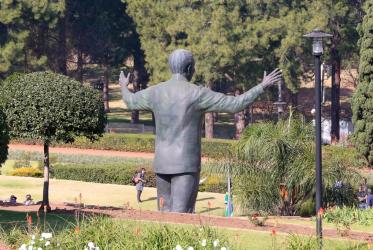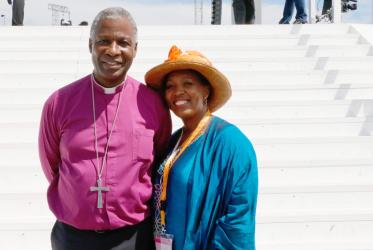Displaying 1 - 18 of 18
“Love will find a way”
23 August 2018
#WCC70: Churches as “freedom agents”
12 February 2018
Tveit in South Africa: “ We know. We dare. We can.”
12 June 2016
WCC Executive Committee speaks out on migrant crises
12 June 2015










